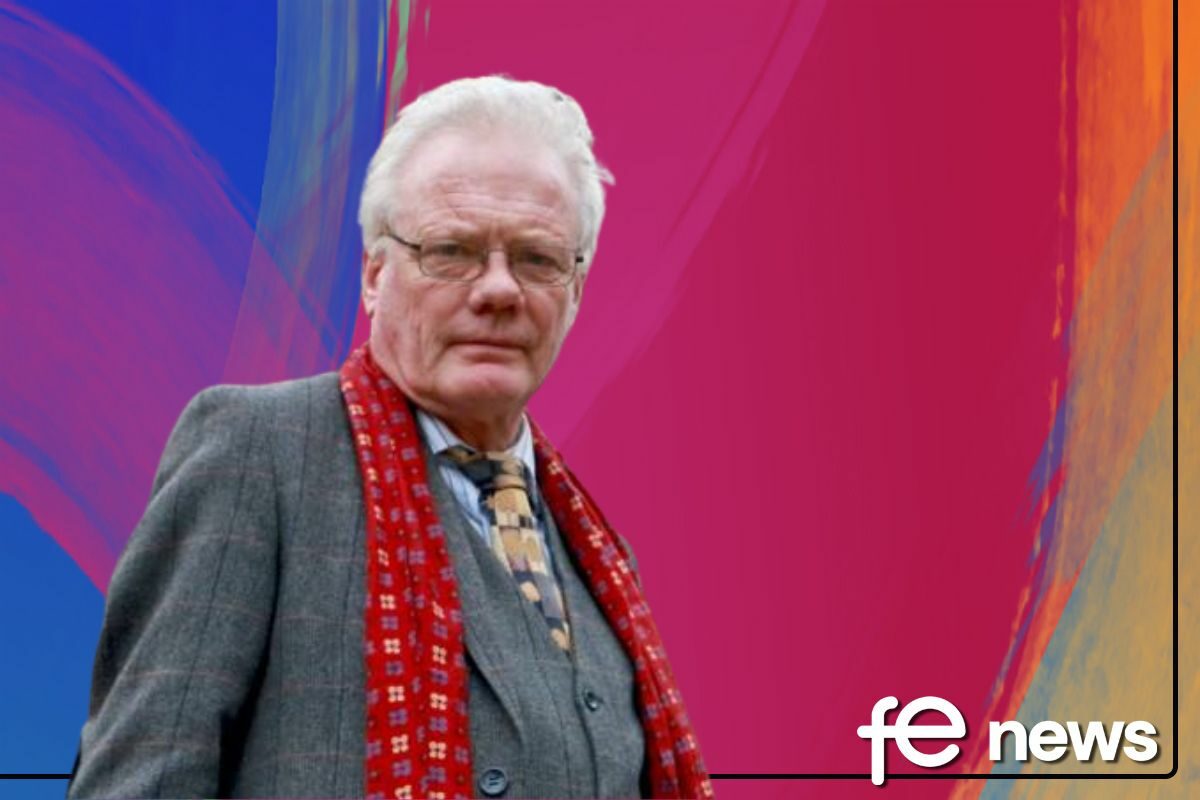Thoughts on the recent G7

Last week Paul Grainger attended the Global Solutions summit, which advises the G7. A summary of the broader decisions is followed by a discussion of how to provide a digital architecture for the public good.
This year’s G7, 19 – 21 May, achieved extra prominence in part because of the attendance of President Zelensky, in part because of the symbolism of being held in Hiroshima. Scorned by many as an elitist club, the seven affluent democracies were joined this year a further eight countries, representing wider global interests, but still excluding China.
The leaders have three days at most to cut deals, so much of the groundwork is prepared in advance by policymakers, Think Tanks and groups of academics. One such is the Global Solutions Initiative, a highly influential collaborative enterprise comprised of a network of renowned Think Tanks. It advises both the G20 and the G7, and other global governance for Influential figures from around the world to contribute. In particular, the initiative has the ear of the German Chancellor. I attended the May Summit, together will colleagues from the Global Initiative for Digital Empowerment (GIDE). Its website is worth a visit.
Chancellor Scholz, of course, focussed on the big, strategic stuff, commending the Summit’s focus on solutions, not problems. As well as affirming a commitment to resist Russia, or indeed any state annexing another’s territory.
He identified three areas of global concern:
- International law and rulings by international courts are being ignored.
- Universal human rights are being dismissed as “regional inventions”.
- Nuclear proliferation poses a growing threat in East Asia and the Middle East.
He was mindful that many leaders not at the G7 are not questioning the underlying principles of our international order. What they are struggling with is the unequal application of those principles. What they expect is representation on equal terms – and an end to Western double standards. A huge opportunity to bring about a new relationship between Europe and the Global South is the transition towards renewable energy.
So, the headlines from the G7 are:
- assure Ukraine of unwavering support for as long as it takes,
- take steps towards creating secure and resilient economies, based on partnerships with the Global South,
- act on the challenges faced by developing and emerging markets, ranging from the urgent threat of the climate crisis to their critical need for infrastructure.
Other ideas were given a high profile at the summit. There was general agreement that economies need to move the burden of taxation from tolls on workers to charges on resources. There were proposals also to develop new ways of measuring prosperity, focussing on how people feel rather than the bullion they sit on. There is, in addition, an urgent need to reform global value chains to reflect an implicit commitment to reducing emissions. With the impact of artificial intelligence on the 4th industrial revolution it is assumed that the nature of human employment will continue to tilt from manufacture to the provision of services. The use of digital communications is now assumed. As a result, we are much more aware of the limitations, or personal discomfort imposed by time zones. In reaching out to the global south Europe is likely to look to Africa, the US to Latin America and so forth to minimise the impact of the disruption brought about by time differences.
Digital Citizens and Digital Architecture
In the background to the conference there was a focussed discussion on steps towards empowering digital citizens and providing the building blocks for a digital architecture for the public good. This is particularly pertinent to the work of GIDE. The market in data has become distorted. Citizens are no longer valued as customers, but as helpless generators of data to be sold to the new ‘customers’, the advertisers. By returning control of their data to the citizen the market in social media could return to more conventional trading conditions. Restraining the social media platforms from their plundering of data could also help improve child safety in the metaverse though this will remain a major and problematic issue. As with all markets, regulation and licensing are necessary for public safety.
Those involved with GIDE are actively discussing with range of global political and economic groupings what steps are needed to regulate the trade in digital information, and so generate more citizen friendly protocols in the new market brought about by the emerging industrial revolution. Watch this space.
By Paul Grainger, Honorary Senior Research Associate, UCL, T 20 Task Force 2: Meaningful digital connectivity, cyber security, & empowerment, Senior Policy Analyst, Global Foundation for Cyberstudies and Research
FE News on the go…
Welcome to FE News on the go, the podcast that delivers exclusive articles from the world of further education straight to your ears.
We are experimenting with Artificial Intelligence to make our exclusive articles even more accessible while also automating the process for our team of project managers.
In each episode, our thought leaders and sector influencers will delve into the most pressing issues facing the FE sector, offering their insights and analysis on the latest news, trends, and developments.











Responses